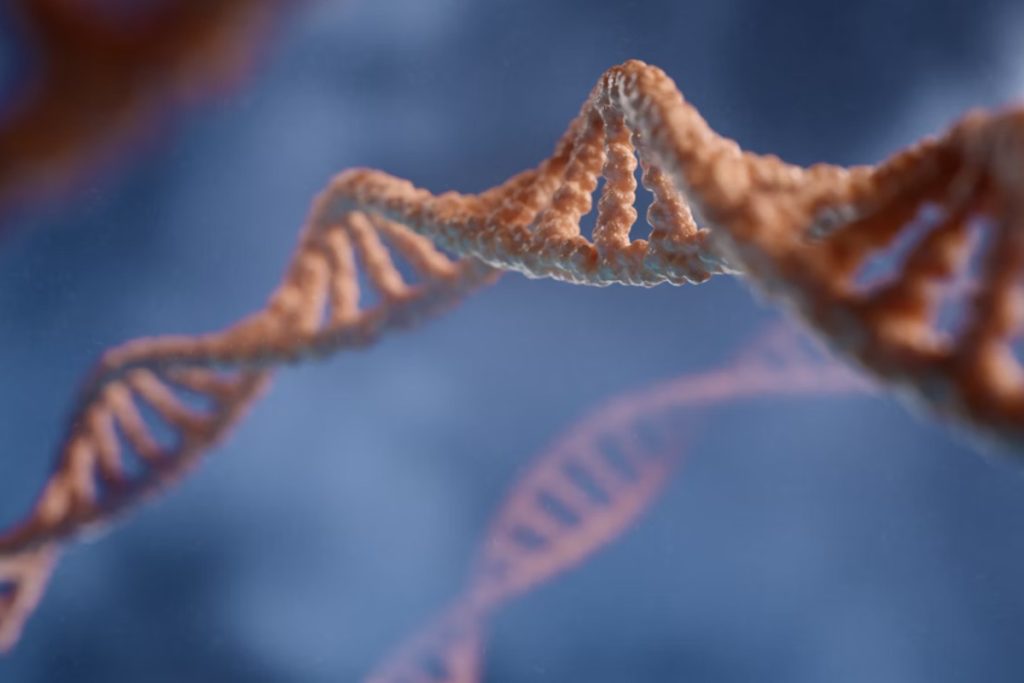In a significant stride toward improving the efficiency of RNA-based therapeutics, researchers at MIT have developed an artificial intelligence model that expedites the creation of nanoparticles for RNA vaccine and therapy delivery. Detailed in a recent study published in Nature Nanotechnology, the machine-learning model can predict material compositions that enhance the targeting and integration capabilities of these particles across different cell types, as reported by MIT News.
The research initiative, backed by ARPA-H, stands poised to revolutionize the development of RNA vaccines and treatments for metabolic disorders. According to Giovanni Traverso on MIT News, an associate professor of mechanical engineering at MIT and a senior author of the study, “What we did was apply machine-learning tools to help accelerate the identification of optimal ingredient mixtures in lipid nanoparticles to help target a different cell type or help incorporate different materials, much faster than previously was possible.” The AI model, named COMET, employs a transformer architecture akin to language models like ChatGPT, learning how various components of a nanoparticle influence its properties to deliver RNA effectively.
Traditional lipid nanoparticles (LNPs) are composed of four main ingredients, which protect mRNA and aid in its cellular delivery post-injection. Variants of these ingredients can be recombined in countless permutations, making manual testing a daunting task. To skirt this bottleneck, Traverso’s team fed roughly 3,000 different LNP formulations’ performances into the COMET model. After the rigorous training, the model predicted LNPs that showed improved performance over existing ones, even outperforming some commercially used LNP formulations in lab tests with mouse skin cells.
Breaking new ground, the researchers incorporated a fifth component into the LNPs — a polymer known as branched poly beta amino esters (PBAEs), believed to boost nucleic acid delivery. “This is a tool that allows us to adapt it to a whole different set of questions and help accelerate development,” Traverso told MIT News. The machine-learning approach not only enables the creation of superior delivery vehicles but also has widespread implications for the shelf-life of medicines through lyophilization predictions. The research, showcasing practical applications for diabetes and obesity treatments, was funded by several prominent institutions, including the GO Nano Marble Center at the Koch Institute and Brigham and Women’s Hospital.

